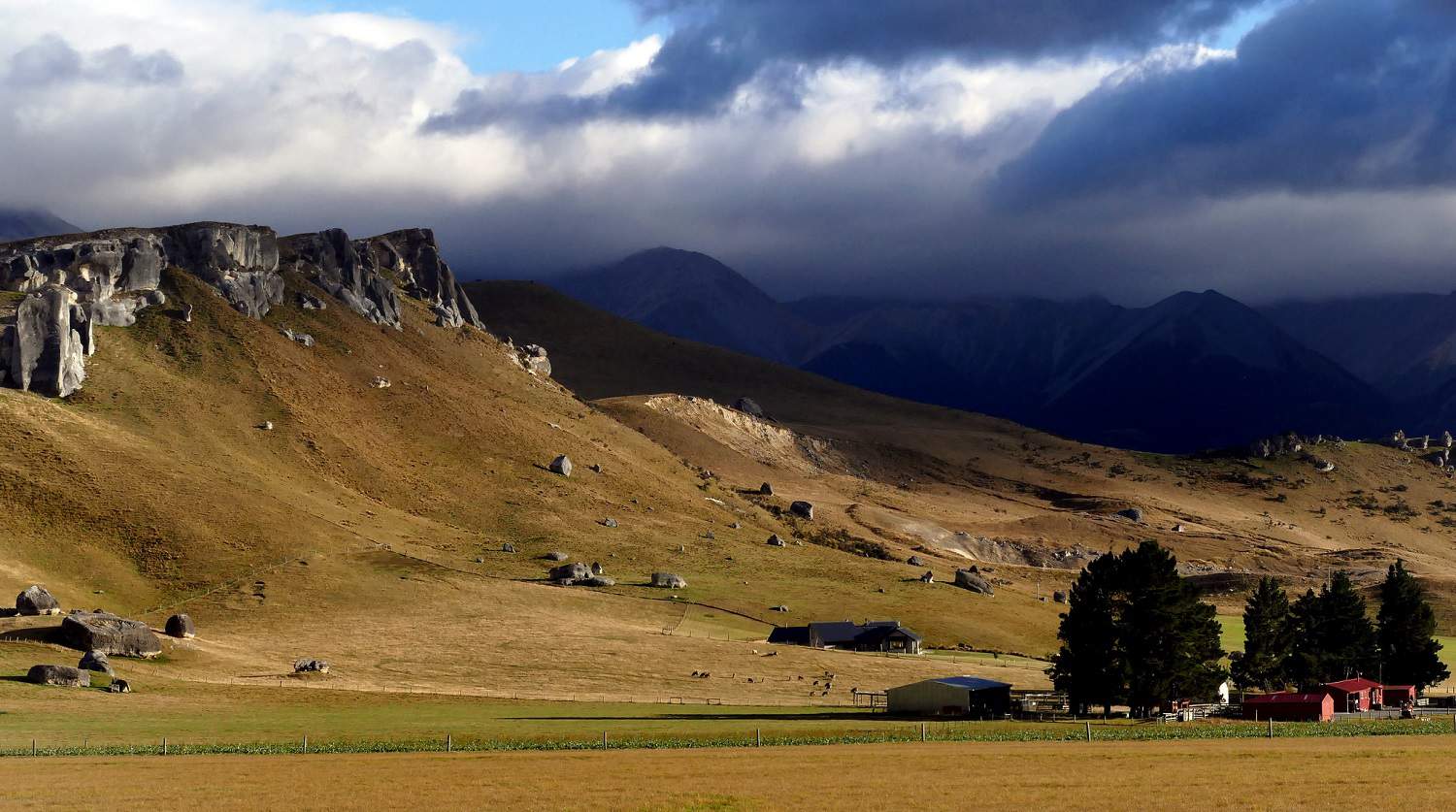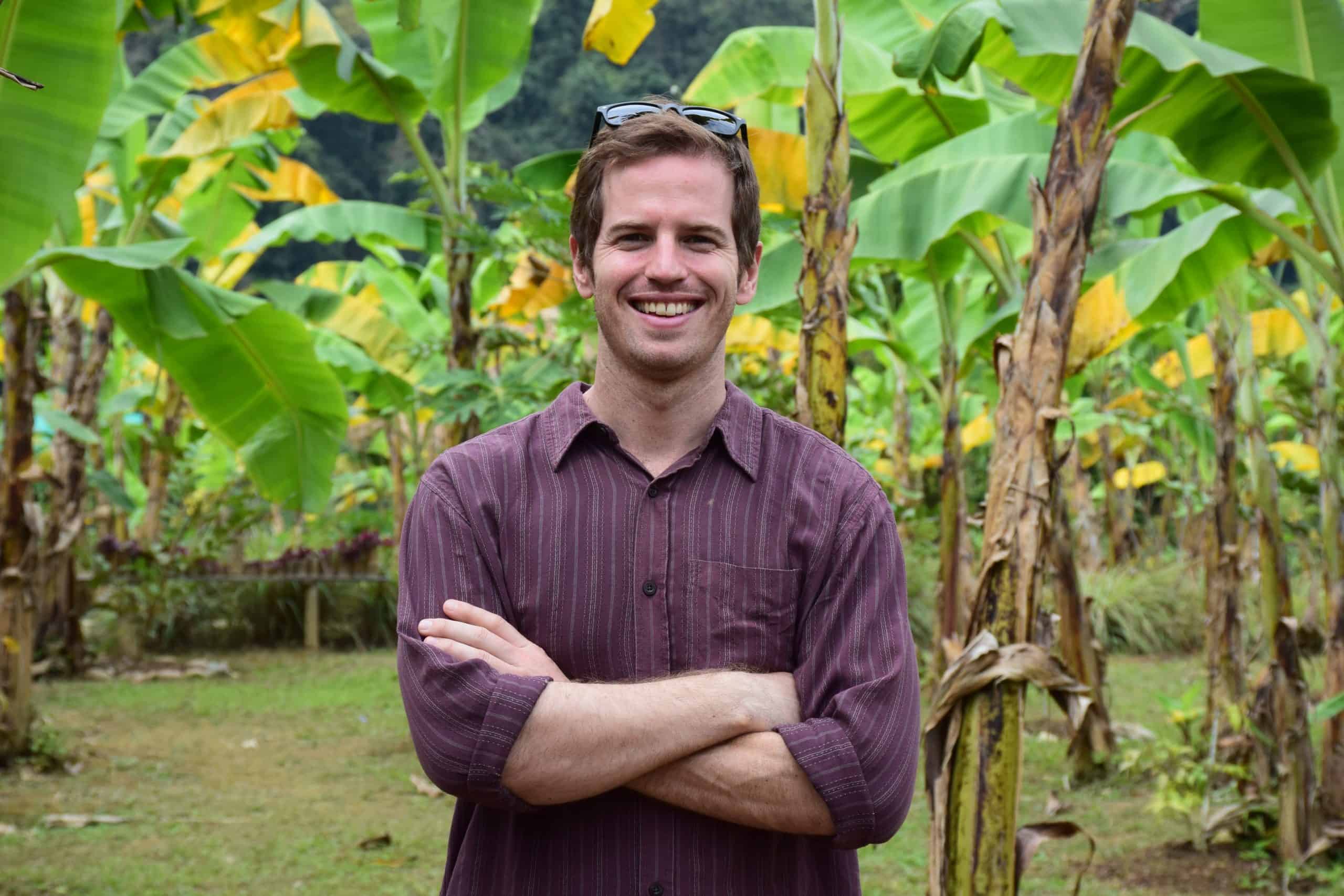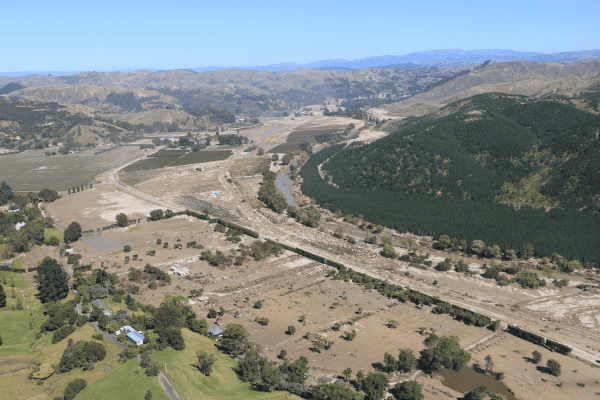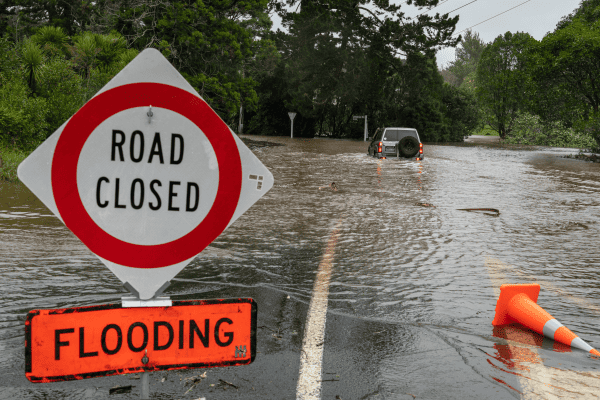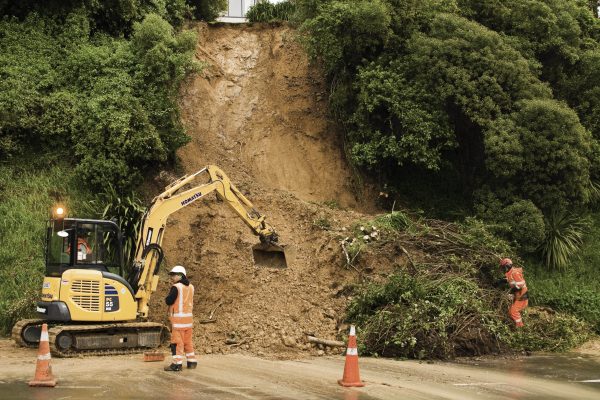The rural impact of natural hazards
27/02/2019
By Tyler Barton
The 2010 / 2011 Canterbury earthquake sequence had devastating consequences for urban centres such as Christchurch. Rural regions were also strongly impacted by the earthquakes, although in very different ways.
PhD candidate Tyler Barton is looking at the impacts caused by natural hazards in rural areas and how these affect individuals, businesses, and communities. He has been speaking with rural stakeholders in order to find out and document disaster impacts (and implications) specific to the rural context, and highlight the unique and very specific needs of rural populations and agribusinesses following a natural hazard. These rural needs cannot be assumed but rather must be identified by all rural actors (including communities) who are involved in the rural disaster resilience context.

He uses experiences and insights gained from rural residents and emergency managers following the November 2016 North Canterbury earthquake as an example of how co-seismic and multi-dimensional hazards affect rural businesses and communities.
Tyler’s research explores how the compounding effects of North Canterbury’s pre-existing multi-year drought coupled with the 2016 Mw7.8 earthquake severely impacted the livelihoods of farmers and rural residents.
Rural livelihoods rely on successfully completing daily tasks, such as feeding livestock or providing water to crops. These, in turn, rely on the availability of natural resources (such as aquifers) and access to critical infrastructure (such as roads and power). The drought had created a resource-poor environment, while the co-seismic landslides resulted in roadblocks that prevented farmers from obtaining the basic requirements for a farm, such as water for crop irrigation and/or animal welfare needs.
Current disaster response practices are fundamentally based on urban models, and are not fit for purpose in the rural context. As a result, the critical importance of addressing these rural needs in a timely manner was not immediately recognized by emergency managers following the earthquake.
Tyler’s research argues the critical importance of ensuring that rural needs, priorities, and perspectives are considered in future rural disaster responses, as well as included in official disaster risk reduction efforts at all levels.
